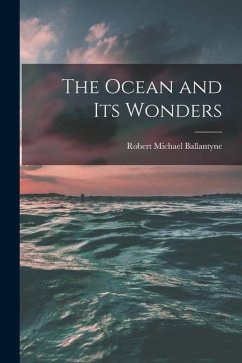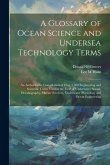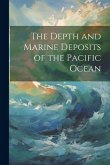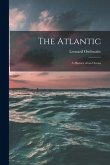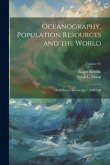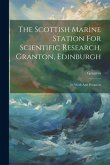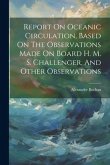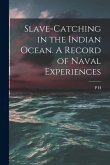Andere Kunden interessierten sich auch für
Produktdetails
- Verlag: Creative Media Partners, LLC
- Seitenzahl: 136
- Erscheinungstermin: 27. Oktober 2022
- Englisch
- Abmessung: 234mm x 156mm x 7mm
- Gewicht: 200g
- ISBN-13: 9781017063721
- ISBN-10: 1017063729
- Artikelnr.: 67179568
Hinweis: Dieser Artikel kann nur an eine deutsche Lieferadresse ausgeliefert werden.
- Libri GmbH
- Europaallee 1
- 36244 Bad Hersfeld
- gpsr@libri.de
Robert Michael Ballantyne (24 April 1825 - 8 February 1894) was a Scottish author of juvenile fiction who wrote more than 100 books. He was also an accomplished artist, and exhibited some of his water-colours at the Royal Scottish Academy. In 1847 Ballantyne returned to Scotland to discover that his father had died. He published his first book the following year, Hudson's Bay: or, Life in the Wilds of North America, and for some time was employed by the publishers Messrs Constable. In 1856 he gave up business to focus on his literary career, and began the series of adventure stories for the young with which his name is popularly associated.[1] The Young Fur-Traders (1856), The Coral Island (1857), The World of Ice (1859), Ungava: a Tale of Eskimo Land (1857), The Dog Crusoe (1860), The Lighthouse (1865), Fighting the Whales (1866), Deep Down (1868), The Pirate City (1874), Erling the Bold (1869), The Settler and the Savage (1877), and more than 100 other books followed in regular succession, his rule being to write as far as possible from personal knowledge of the scenes he described.[1] The Gorilla Hunters. A tale of the wilds of Africa (1861) shares three characters with The Coral Island: Jack Martin, Ralph Rover and Peterkin Gay. Here Ballantyne relied factually on Paul du Chaillu's Exploration in Equatorial Guinea, which had appeared early in the same year The Coral Island is the most popular of the Ballantyne novels still read and remembered today,[7] but because of one mistake he made in that book, in which he gave an incorrect thickness of coconut shells, he subsequently attempted to gain first-hand knowledge of his subject matter. For instance, he spent some time living with the lighthouse keepers at the Bell Rock before writing The Lighthouse, and while researching for Deep Down he spent time with the tin miners of Cornwall.[1] In 1866 Ballantyne married Jane Grant (c. 1845 - c. 1924), with whom he had three sons and three daughters

